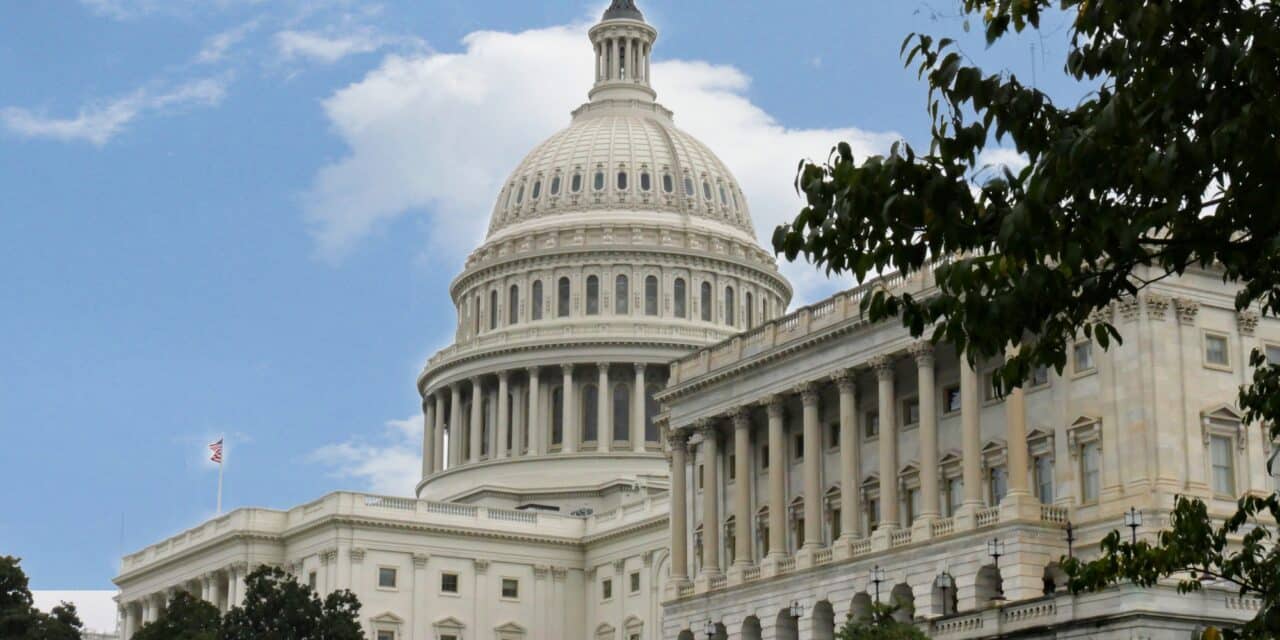New legislation introduced in the U.S. House aims to ensure federal fluoridation policy is based on independent, evidence-based science, amid growing misinformation and proposed regulatory changes.
Legislation introduced in the U.S. House of Representatives on July 21 aims to ensure that federal guidance on water fluoridation is based on independent, peer-reviewed scientific evidence. Known as the “Protect Our Treatment for Enamel, Erosion, and Tooth Health” or TEETH Act, the bill would require the Environmental Protection Agency (EPA) to consult with the National Academies of Sciences, Engineering, and Medicine (NASEM) when evaluating public health recommendations related to fluoride.
The bill is sponsored by Reps. Emanuel Cleaver (D – Mo), Maxwell Frost (D – Fla), Cleo Fields (D – La), Shri Thanedar (D – Mich), Wesley Bell (D – Mo), Josh Gottheimer (D – NJ), Don Davis (D – NC), and Eleanor Holmes Norton (D – DC).
ADA Supports Measure Amid Rising Misinformation
The American Dental Association (ADA) has endorsed the legislation, citing the growing spread of misinformation about the safety and effectiveness of community water fluoridation. “Recently, there has been a growing distrust of credible, time-tested, evidence-based science about the safety and need for water fluoridation programs,” said ADA President Brett Kessler, DDS. “Now is the time to officially combat this misinformation with the assistance of the National Academies.”
NASEM, an independent advisory body, is recognized for its role in reviewing complex scientific matters and would offer objective assessments of fluoride-related research. Supporters of the bill say the move would provide policymakers with credible, nonpartisan evidence when making decisions about fluoridation programs at the state and local levels.
Legislation Follows Federal Scrutiny of Fluoride
The TEETH Act was introduced as federal agencies reevaluate aspects of fluoride regulation. In April, the EPA announced it would review a long-standing petition that calls for a ban on water fluoridation under the Toxic Substances Control Act. The ADA responded by reaffirming its support for fluoridation, citing more than 75 years of data demonstrating safety and public health benefits.
The Food and Drug Administration (FDA) is also reviewing the status of ingestible fluoride supplements, such as drops and tablets prescribed for children in areas without fluoridated water. In comments submitted to the agency, the ADA said these products are “vital” and warned that banning them could negatively impact pediatric oral health in underserved communities.
Public Health Leaders Cite Longstanding Benefits
Community water fluoridation has been a cornerstone of U.S. public health policy since the mid-20th century, credited with reducing tooth decay and improving oral health, particularly for populations with limited access to dental care. The ADA emphasized the importance of keeping fluoride guidance rooted in scientific rigor, free from influence by misinformation or commercial interests.
“Let’s all stand behind this important legislation to ensure that public health policy decisions regarding fluoride are driven by clear evidence, scientific rigor, and generally accepted data instead of conspiracy theorists, political rhetoric or social media influencers looking to sell their latest supplements on social media,” said Kessler.
The ADA continues to provide resources, including its long-standing Fluoridation Facts publication, to support evidence-based policymaking on community water fluoridation.
Photo: ID 174032373 © raksyBH | Dreamstime.com










